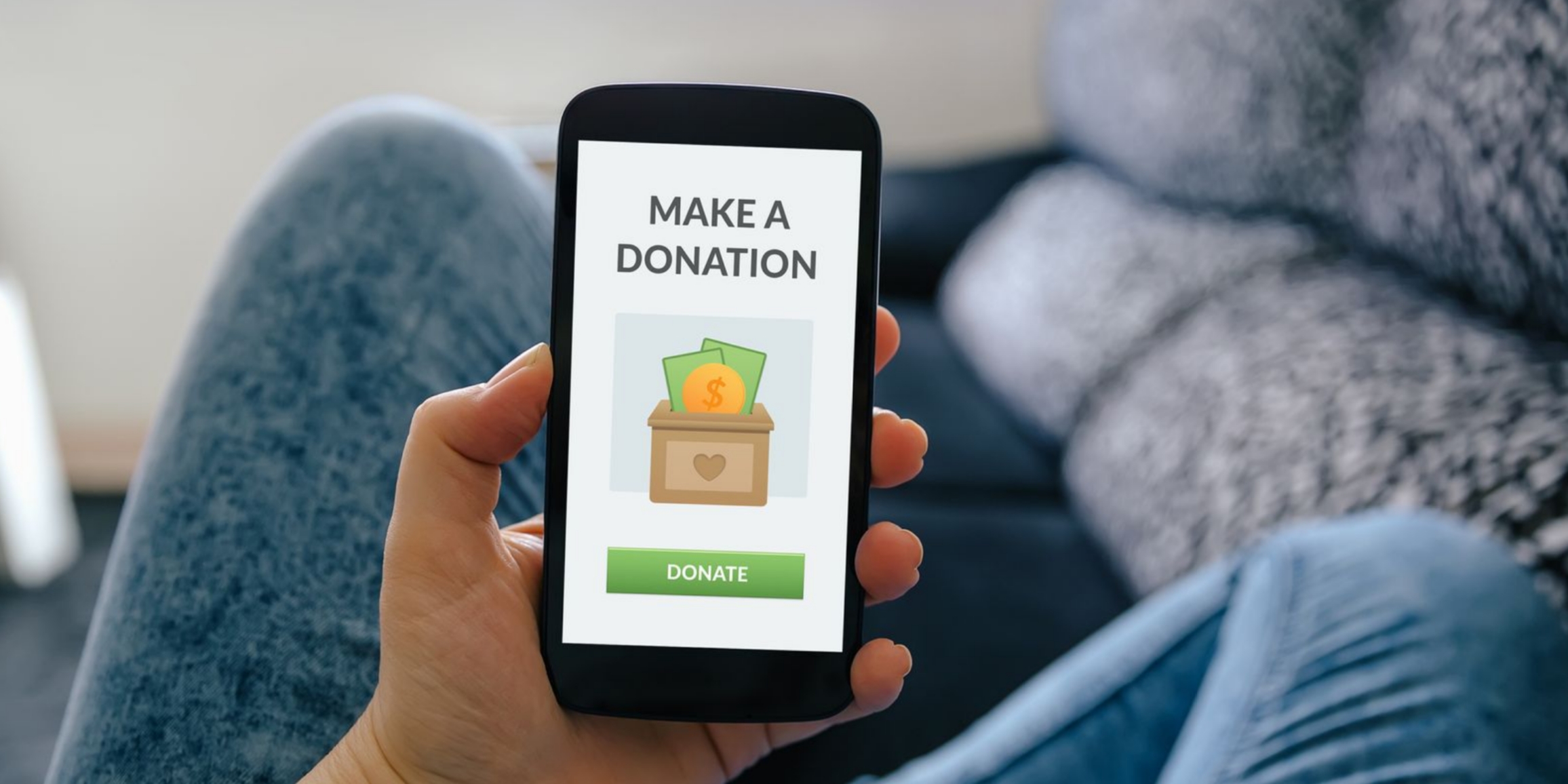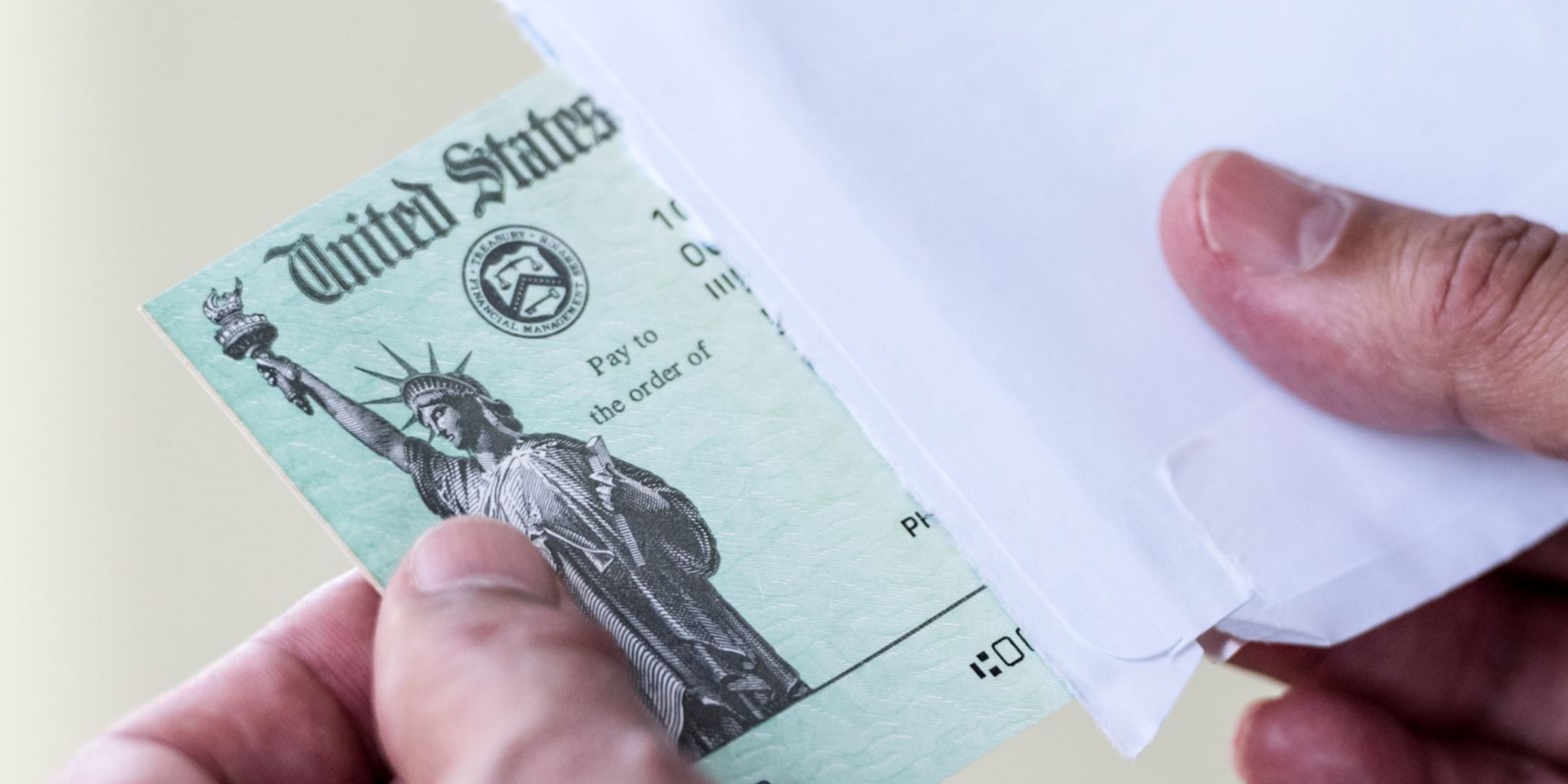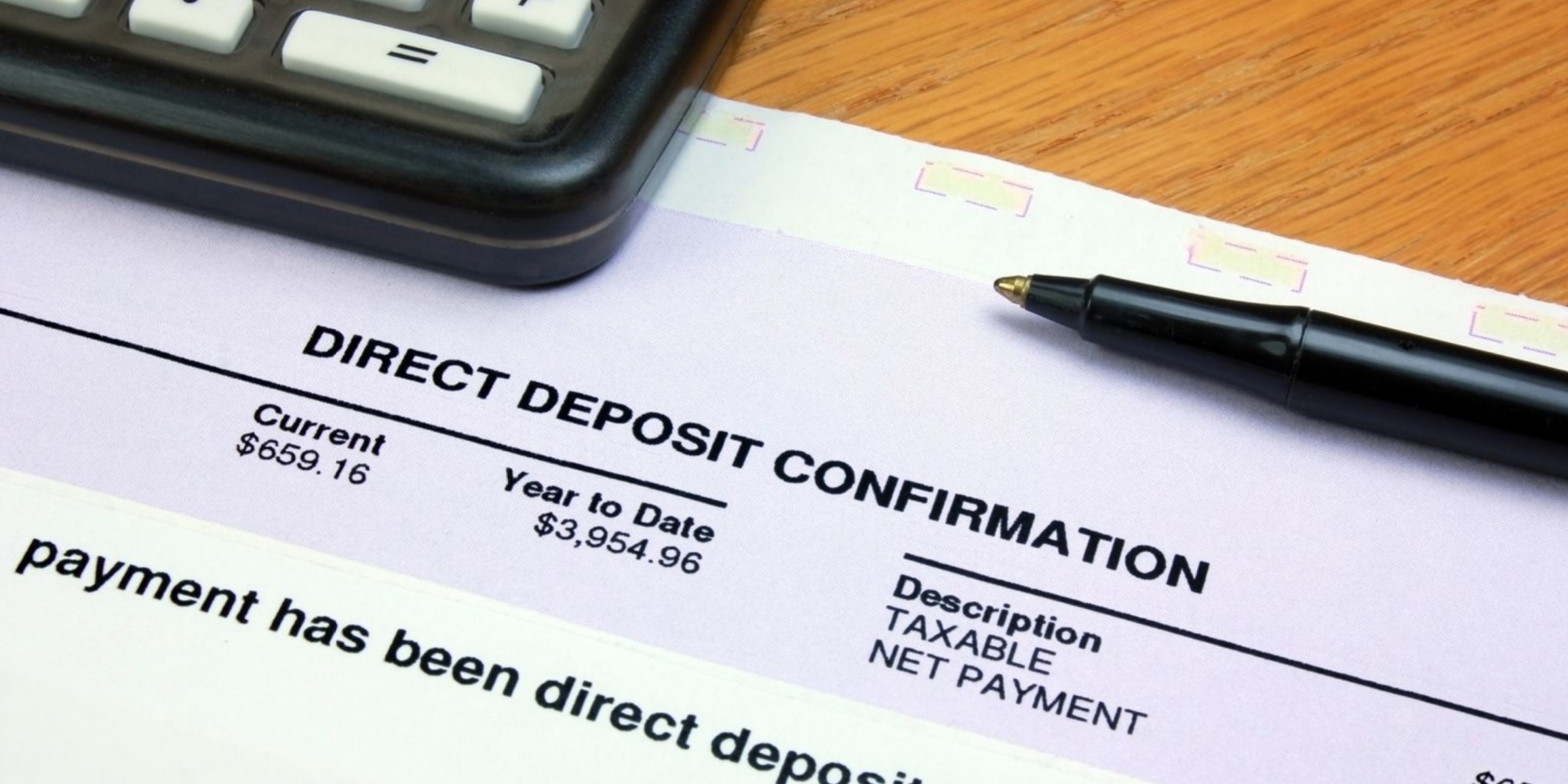The Internal Revenue Service (IRS) recently released its annual “Dirty Dozen” list to help raise awareness about common tax scams. This year, the focus was on scams that target taxpayers with a special emphasis on schemes related to coronavirus tax relief. In a statement released by the IRS, Commissioner Chuck Rettig warned, “tax scams tend to rise during tax season or during times of crisis, and scam artists are using the pandemic to try stealing money and information from honest taxpayers.” Don’t become a victim. Make sure you review this year’s list of tax scams listed below.
1. Phishing Scams

Scammers will use fake emails and bogus websites to steal taxpayers’ personal information. Many contain keywords like “coronavirus” and “COVID-19” to lure you in and then get you to click on harmful links. Remember, the IRS will never initiate contact with you by email in regards to your tax bill, refund, or Economic Impact Payment.
2. Fake Charities

Thanks to COVID-19, fake charities are on the rise. Keep an eye out for unsolicited texts, emails, and phone calls from groups that claim to be working with the IRS. These scammers often state that they can help file a casualty loss claim or help you get a tax refund. Do your due diligence and verify the organization is a legitimate charity by using the IRS search tool.
3. Threatening Impersonator Calls

Don’t fall prey to scammers who use fear tactics to get you to divulge financial information over the phone. These are typically initiated through robocalls that threaten you with legal action if you don’t respond immediately. The IRS will never threaten you, demand payment, or ask for personal financial information over the phone. Hang up and contact the IRS directly, if you are worried about a potential tax issue.
4. Social Media Scams

Scammers can find information about your friends, family, and co-workers from your social media profile and posts, making it easy for them to impersonate someone you trust. They often use messages and emails to get you to click on something of interest, but those links contain malware. Protect yourself by verifying the sender is legitimately someone you know before clicking on any links.
5. EIP or Tax Refund Theft

Criminals are filing false tax returns and supplying false information to divert taxpayer refunds to wrong addresses or bank accounts. There’s also a rise in nursing homes and other care facilities seizing Economic Impact Payments (IEP) from the rightful recipients. If you need help getting your EIP, visit the Coronavirus Tax Relief page on the IRS website. You can also check out the Taxpayer Guide to Identity Theft if you’re a victim of identity theft.
6. Senior Fraud

As we reported in our Beware of COVID-19 Tax Fraud blog post, senior citizens are more likely to be targeted by scammers. If you’re 65 or older, be alert for fake emails, text messages, social media posts, and websites that seek to steal your personal information.
7. Scams Targeting Non-English Speakers

Scammers are using calls, both in-person and robocalls, to prey upon those who are less than proficient with the English language. Generally, these calls are threatening in nature, suggesting deportation, revocation of a driver’s license, or jail time. Ignore these calls; they are not from the IRS.
8. Unscrupulous Return Preparers

Due to COVID-19, many tax preparers are working remotely. To avoid being scammed, make sure you do not engage with a “ghost” preparer. This is someone who refuses to sign the return and provide their Preparer Tax Identification Number (PTIN), which is against the law. You should also avoid signing a blank return or working with someone who promises a big refund without reviewing your records first. Since you are responsible for the accuracy of your tax return, be sure to select a reputable tax preparer.
9. Offer in Compromise Mills

Although the Offer in Compromise (OIC) program helps thousands of taxpayers reduce their tax debt each year, not everyone will qualify for OIC. Beware of tax resolution companies who promise to settle your tax debt for “pennies on the dollar” and charge hefty fees without first determining your eligibility. Use the IRS Offer in Compromise Pre-Qualifier tool to confirm your eligibility before hiring a third-party to assist you with the process.
10. Fake Payments with Repayment Demands

Be on the lookout for unexpected tax refunds being deposited into your bank account. Con artists are known for this scheme. Once the money hits your bank, you’ll receive a call from a fake IRS agent who will demand that you return the money immediately to avoid penalties and interest. The catch is that the money must be placed on gift cards. If this happens to you, contact your bank and the IRS ASAP.
11. Payroll & HR Scams

With so many businesses closed and people working from home, payroll and HR scams are on the rise. The two most prevalent are the gift card scam and direct deposit scam. For the gift card scam, the scammer will use a compromised business email account to convince an employee to purchase gift cards in varying amounts and then have them sent to a specified address. Under the direct deposit scam, the con artist will have access to the victim’s business email address and send a request to HR asking to reroute their deposit to a different bank account. Be sure to forward any direct deposit scams to the Federal Bureau of Investigation Internet Crime Complaint Center.
12. Ransomware

Ransomware is a cybercrime. Scammers use ransomware to infect computers, networks, and servers. Once downloaded by a user, typically through a phishing email, ransomware can lock critical or sensitive data through encryption. The criminals will then demand payment (ransom) through a pop-up window or an anonymous messaging platform. To protect your tax data, be sure to use the multi-factor authentication feature offered on tax preparation software products.
Although the IRS pledges to “relentlessly pursue criminals” who try to steal taxpayers’ money and personal information, we must do our part, as well. If you receive a call from someone claiming to be the IRS, but you don’t owe taxes, hang up immediately. Report the call by sending an email to phishing@irs.gov with the subject line “IRS Phone Scam” and include the caller ID or call back number in the message. You should also report the call to the Federal Trade Commission and Treasury Inspector General for Tax Administration. If you’re not sure if you owe taxes, call the IRS at 800-829-1040 for assistance before responding to any unsolicited communication.
